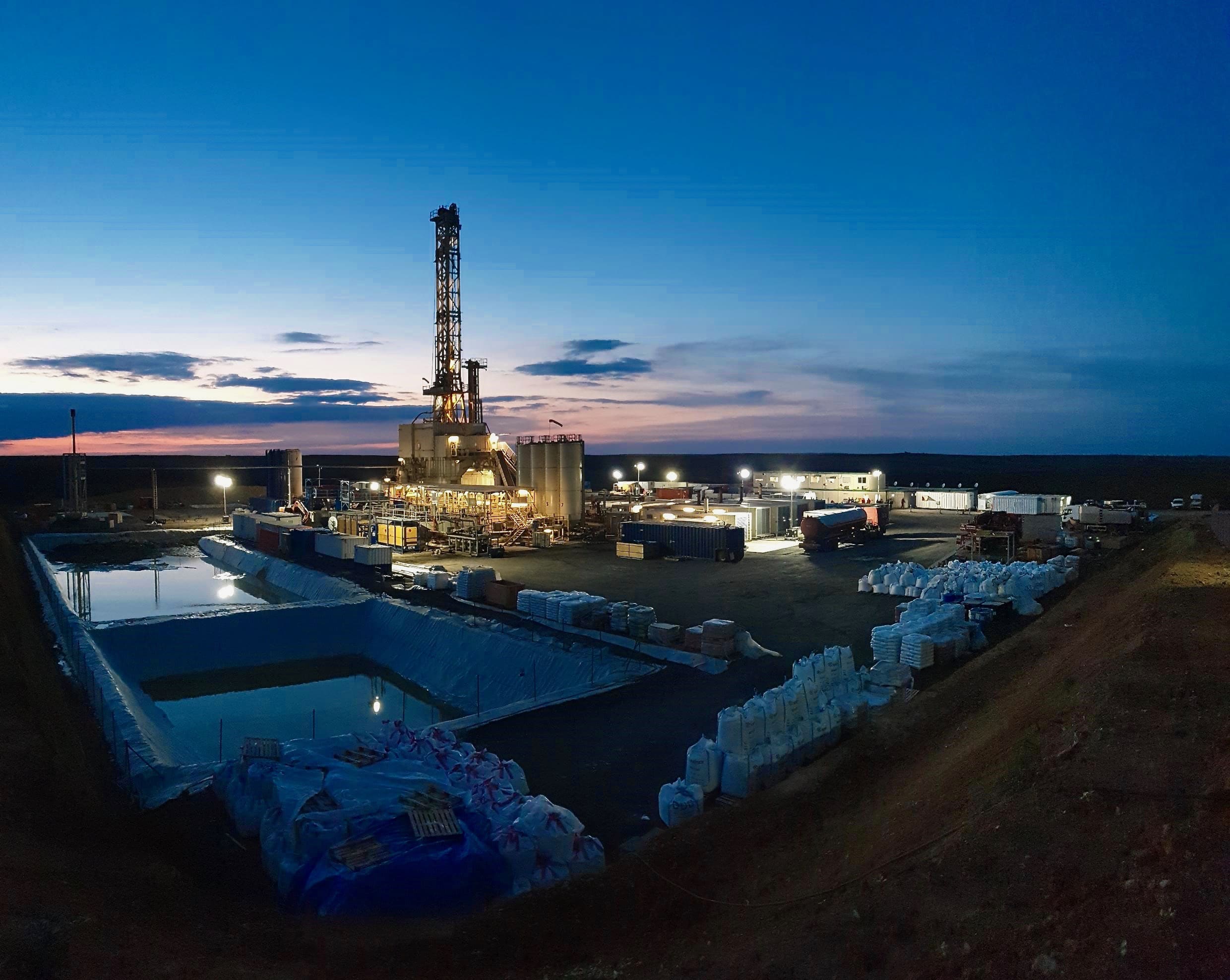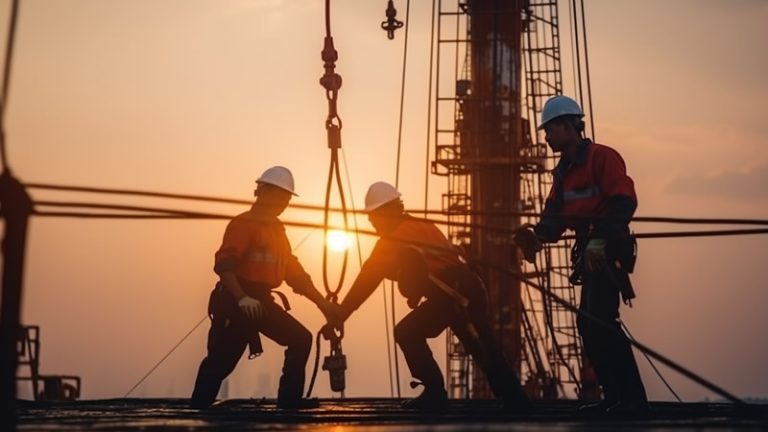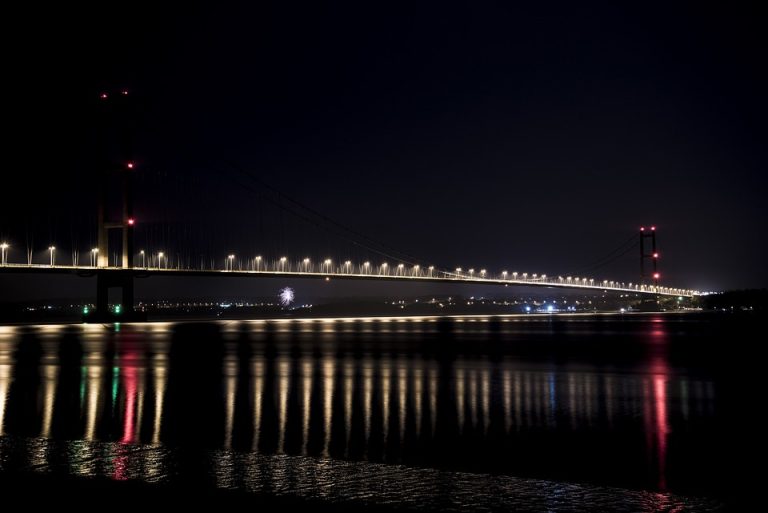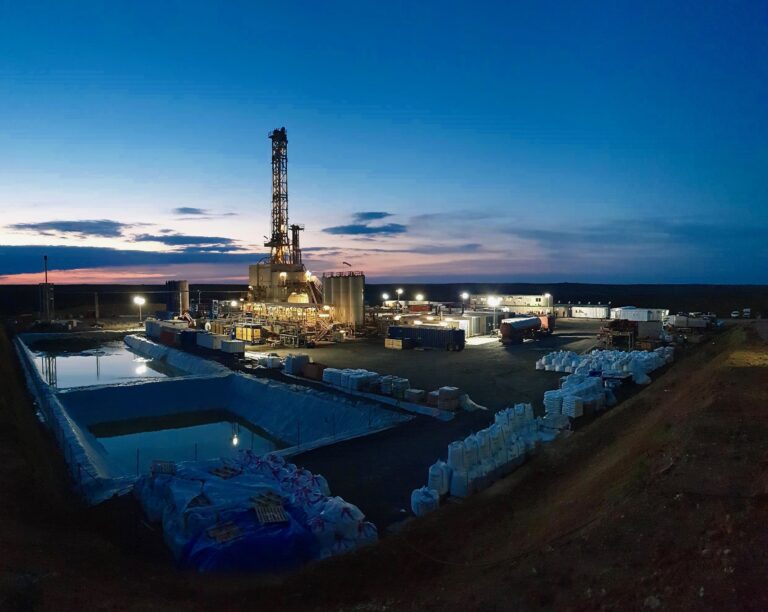Valeura Energy plc (LON:VLU) is the topic of conversation when Auctus Advisors’ Head of Research Stephane Foucaud caught up with DirectorsTalk for an exclusive interview.
Q1: You recently initiated on Valeura Energy, can you just give us a quick overview of the company?
A1: We have known the company for a long time, it’s listed in the UK in London and on the TSX in Toronto, and the company is really in the process of completely repositioning the business.
Historically, the story was around big gas in Turkey with Equinor as the partner and because the drilling programme has not delivered what the company hoped for, basically Equinor exited a year ago. What was interesting was that Equinor paid most of the bills of VLU and the company has now quite a bit of cash on the balance sheet so what they’re trying to do is redeploy this cash to make an acquisition to benefit from what is effectively a buyers’ market in oil and gas.
It doesn’t mean that Turkey is dead, I think it’s still interesting, the previous drilling programme the focus was wrong, the programme was focussing on condensate gas whereas it should’ve focussed on dry gas. As a consequence, the company has embarked on a farm-out programme to find a partner to go after this upside with the dry gas.
Q2: You mentioned earlier that the company was repositioning itself, how would you describe the position the company is in right now?
A2: The company has really four assets, the first is its cash, it has $45 million which is more than peers and it’s about using that cash to make acquisition. Second, it has a high quality listing with a very good governance and the reason why it’s important is because that could be used as a currency to make an acquisition. Third, it has a very good management that has a proven track record to be commercially astute and able to do good deals. Lastly, as I mentioned, it has this option value in Turkey which could be very good with a partner.
Q3: What are the company’s areas of focus?
A3: Geographically, the focus for acquisitions are Eastern Europe, North Africa and the Middle East and the sort of asset the company is looking to acquire are typically asset in production with large appraisal upside and typically an asset that would be sold by a counter-party which is a forced-seller.
Why a forced-seller? Typically, because there is a lot of ESG pressure on many companies to exit the oil and gas space or because there has been recent balance sheet issues when oil price has dropped, even if it has recovered somewhat.
Private equity are particularly interesting given that they typically manage very well their assets and many are under this ESG pressure where their own investors are not able to deploy more capital in oil and gas assets and are asking private equity to exit.
Q4: The company is extensively looking for acquisitions, where would you see the company’s key areas of differentiation versus other potential buyers?
A4: They differentiate on four accounts and sometimes it cannot be initiative for somebody not very close to how M&A works. The differentiation of the company really reflects the fact that because of specific instances, the company would be perceived by a counter-party as carrying less execution risk.
So, what I’m talking about first, the firm has got quite a bit of cash, as I mentioned they’ve got about $40 million of cash and if you starting adding on some leverage, you could see a company with a fire power of probably $150 million. This is important because some sellers like private equity, they only want cash so I think so much cash more than many peers allows them to be perceived as a good potential acquire, able to deliver what the seller want which is cash, some of them at least.
Second, the company shares are not trading too far from the cash value of the company and why it’s important is because many these are failing because there is often disagreements of the perception of respective asset value versus share price. When you have a company, which trades close to its cash value, at least there will be very little room for disagreements on the value of the company shares and that’s probably half of the battle won in a transaction.
Third, the company shares are listed on the high quality stock exchange, as I mentioned the TSX and London, with very good governance. That means for a counter-party who’s happy to take shares for a merger, the company’s shares could be a good currency, better than say a private player that doesn’t have any listed shares.
Fourth and lastly, the company’s management is very good, they have proven they are able to maker transactions as we saw with Equinor and likewise, it will be perceived by a counter-party as somebody capable to make a deal happen.
Q5: You spoke about the share price, how do you view Valeura Energy in terms of a valuation then?
A5: It trades a bit below cash, about 25% below cash, but I think what’s important is not so much that, it’s that we have seen over the last few months that when E&P companies acquire assets, there is a big rerating of the share price. I’ll give you two examples:
If you look at Valcor Energy, that’s another LSE listed company, when they acquired a Gabonese company a few months ago, the share price doubled on the announcement, and just two weeks, Panoro Energy, another E&P, peers of the company, acquired some assets from Tullow Oil, a few days after the announcement the share price was up 40%.
I think that’s what investors need to look at, the rerating on the back of the acquisition which was well beyond the fact it trades a bit below cash today.








































